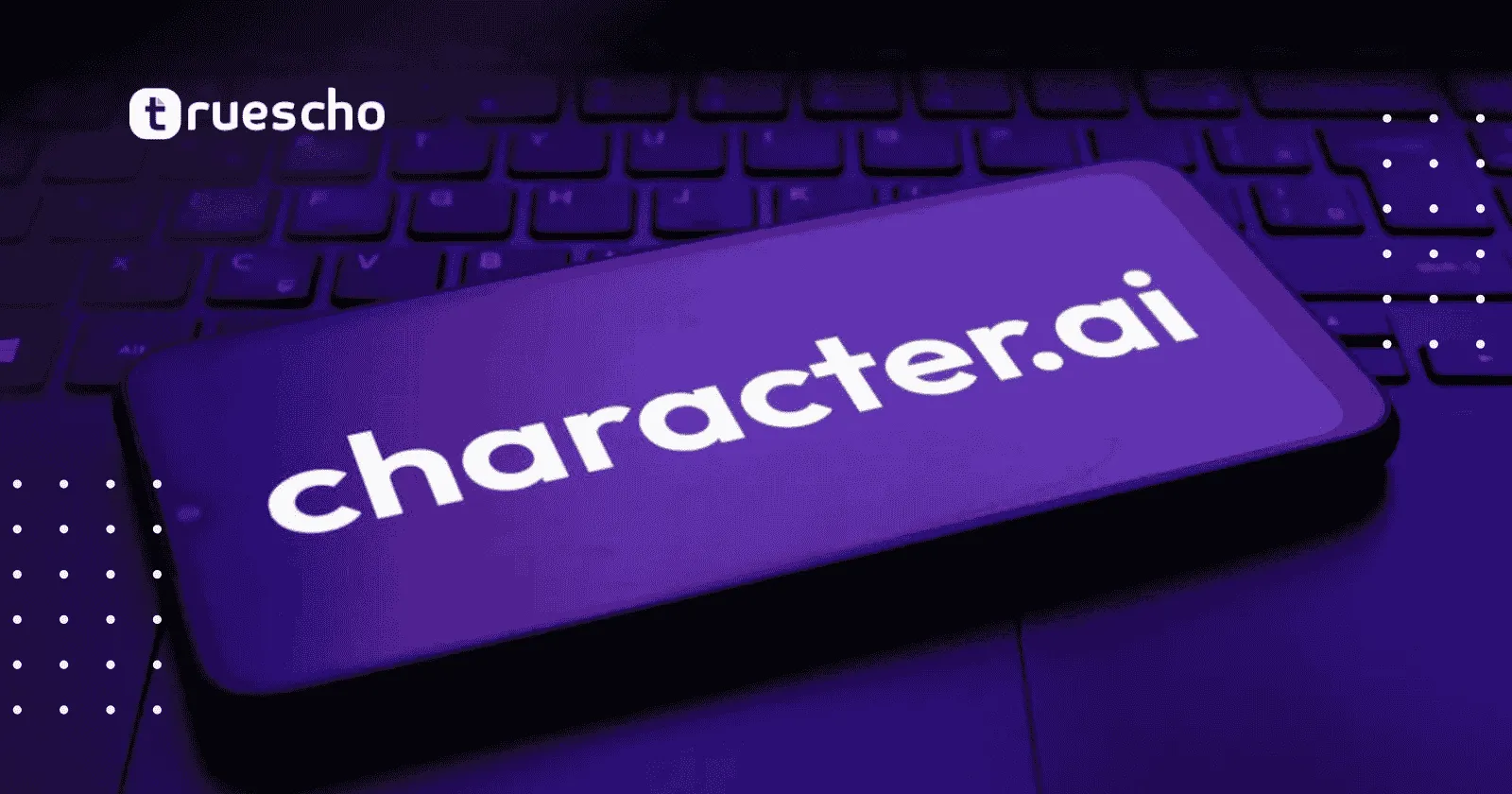Character AI is adding parental supervision tools to improve teen safety
In response to a series of lawsuits and growing concerns over the safety of its young users, Character AI is stepping up its efforts to better protect teens. The startup, known for its platform where users create and interact with AI characters via texts and calls, is now introducing new parental supervision tools aimed at enhancing teen safety.
Read also: Firebase Studio Alternatives
Table of Contents
Enhanced Parental Supervision Features
Character AI will now send weekly emails to parents and guardians, summarizing their teen’s activity on the app. These emails are set to include details such as:
- The average time spent using the app and its web version
- The duration of conversations with different characters
- The most frequently interacted-with characters during the week
This initiative is designed to give parents insights into their teen’s engagement habits without providing direct access to the actual chat content.
Read also: N8N AI Agent: Breakthrough MCP Update
Additional Safety Measures
Following the legal challenges, Character AI had previously rolled out various safety enhancements. These included a dedicated mode for users under 18, alerts regarding time spent on the platform, and visible disclaimers to remind users they are interacting with AI-powered characters. The company also restricted sensitive content from both appearing in inputs and outputs to better safeguard its teen users.
Legal Developments and Continued Improvements
Earlier this year, Character AI filed a motion to dismiss a lawsuit that accused the company of being involved in a teen’s suicide. This legal action, along with ongoing scrutiny, has pushed the startup to reinforce and expand its safeguarding strategies.
With these new parental supervision tools, the platform aims to strike a balance between innovative AI interaction and the well-being of its younger audience. For more details on the legal cases and the discussions about user safety, check out the reports from
The New York Times and The Washington Post.
Read also: OpenAI Optimus Alpha



